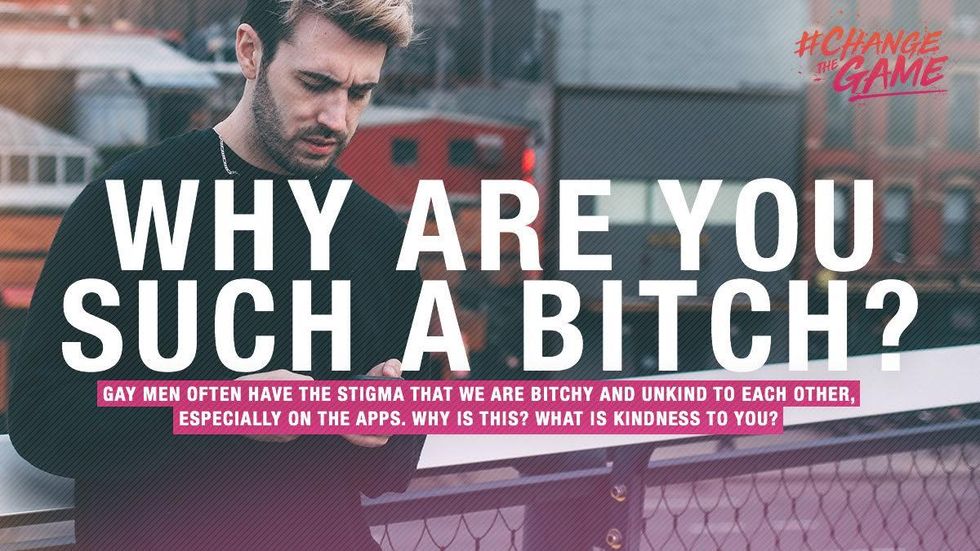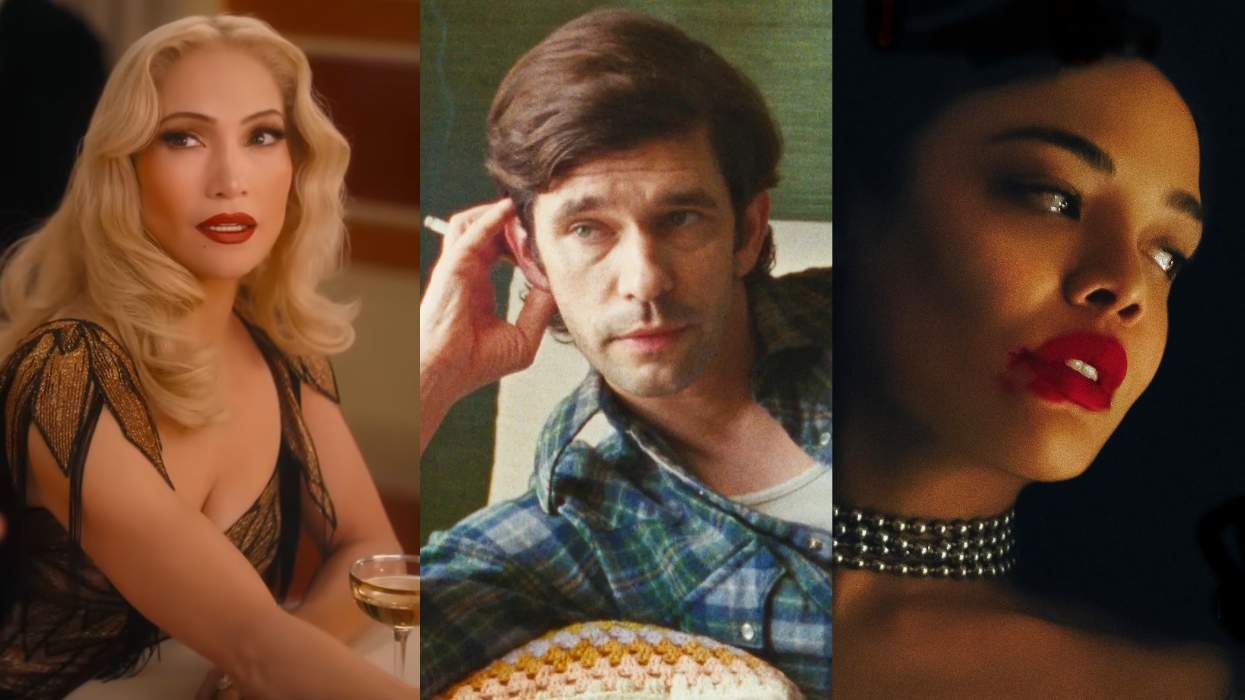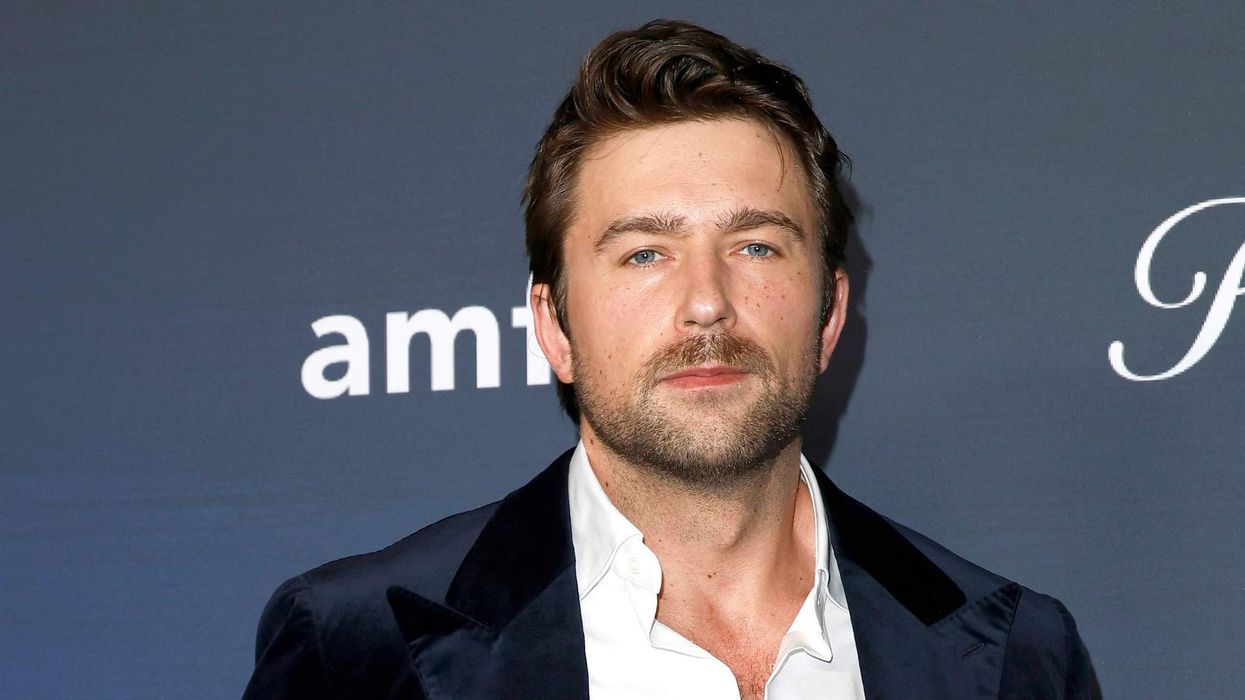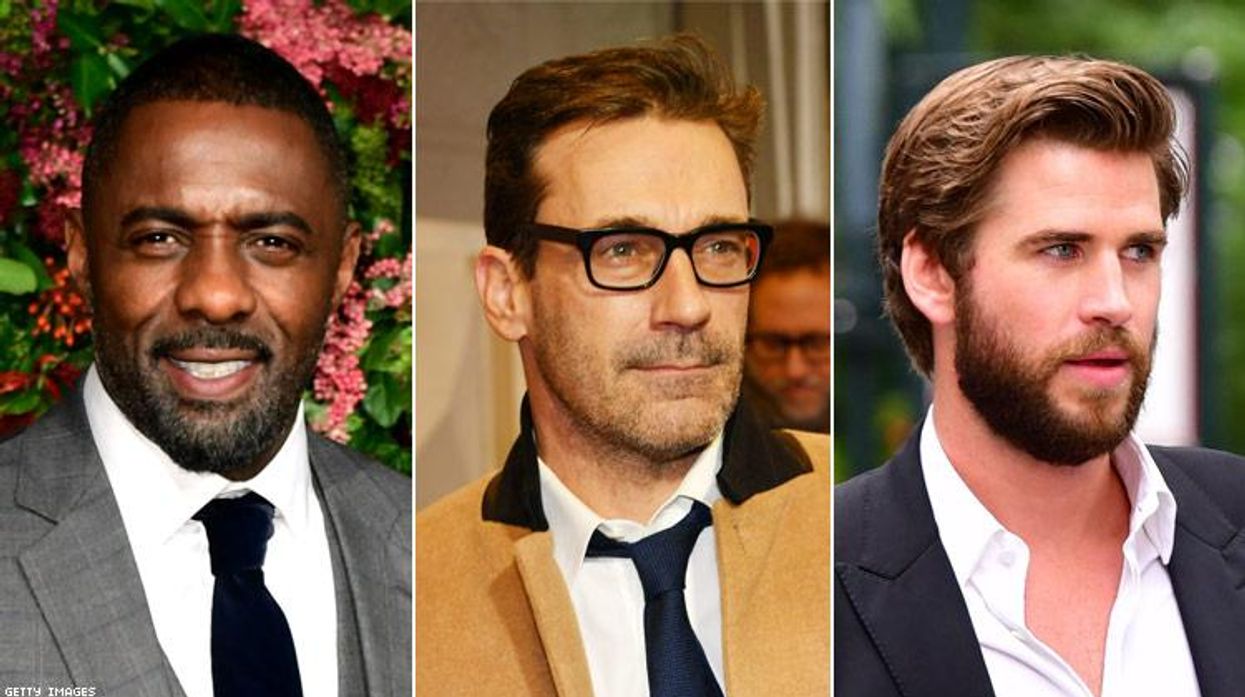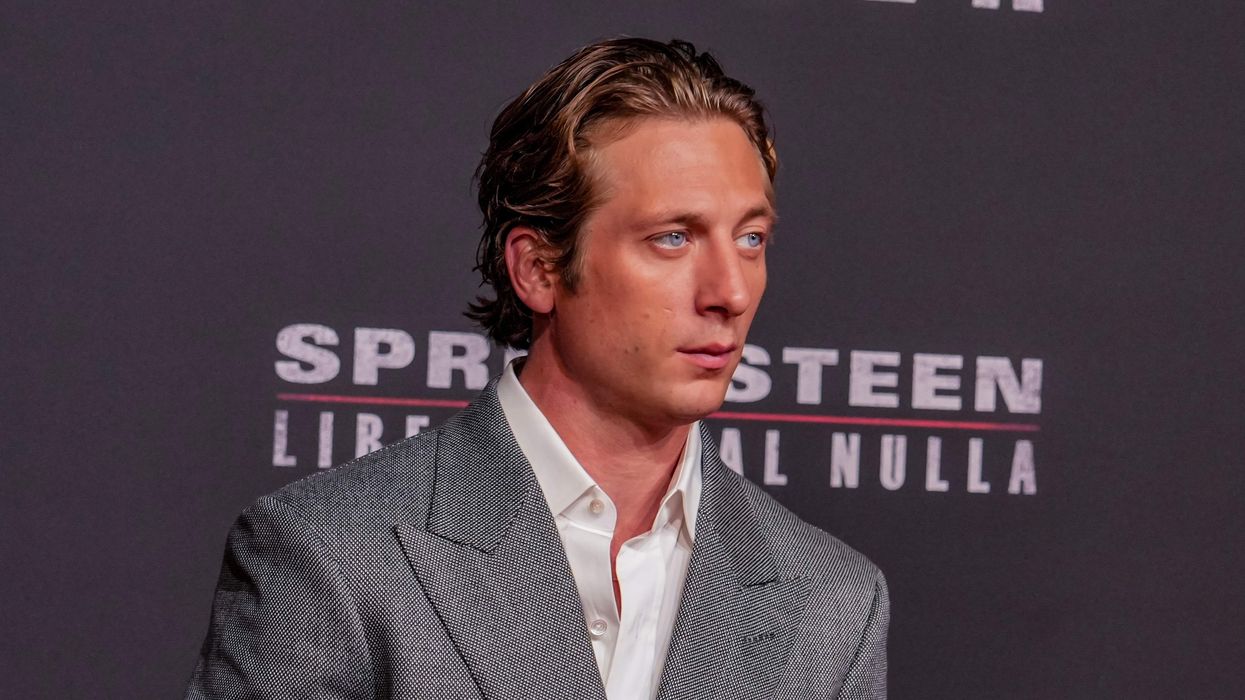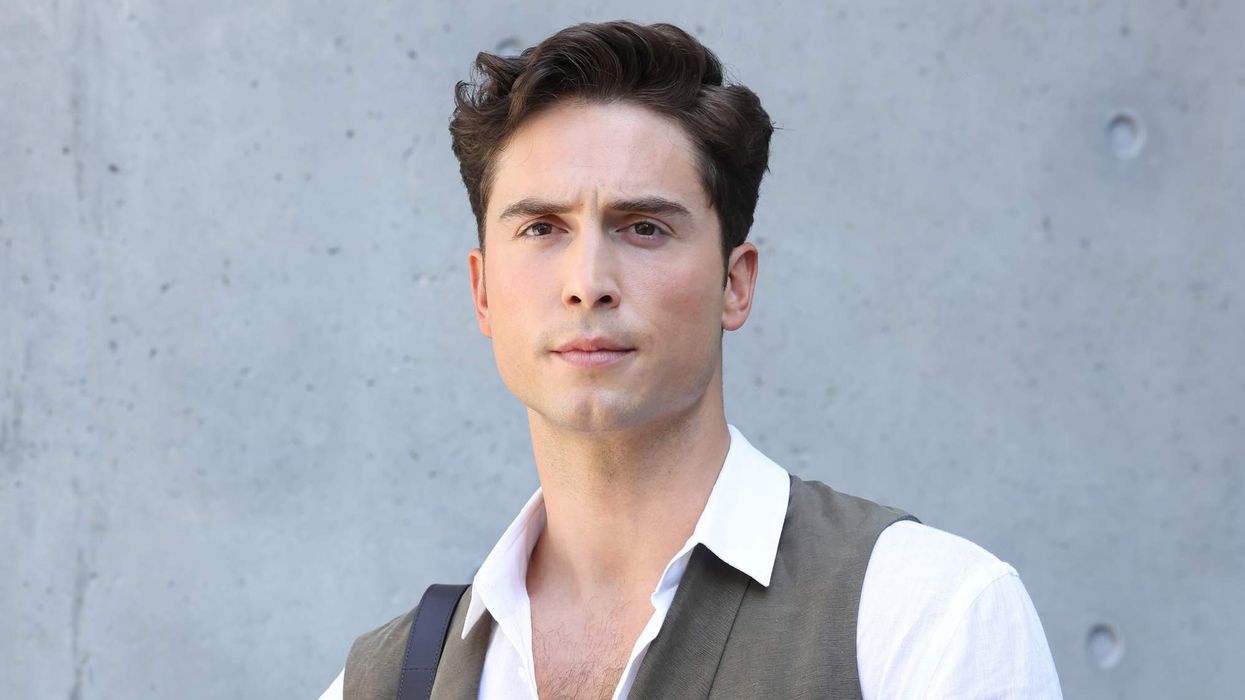Have you ever blocked someone on Grindr? I always thought it was kind of rude, certainly passive aggressive, and not at all necessary unless in cases of extreme harassment. Like, after the first six pictures of your hole sans response maybe take a hint? Then I actually tried it and it felt great.
It was like shorthand for all the things I wanted to say to a guy that would otherwise fall on deaf or ignorant ears. Am I proud of it? No, but I'm not proud of anything or anyone I've done on or as a result of the apps. And thus, the initial gratification I felt proved only temporary. I had given into my bitchy side--once my only side--yet again!
What is it about the apps that brings out the bitchiness in gay men? Is it because the bitchiness is always there, lurking just beneath the surface, waiting to get out? Or that the apps amplify our insecurities which leads us to put up walls and lash out at those who then trigger those insecurities? Or are people just garbage and ain't nobody got time for their shenanigans?
Noted gay hookup app Jack'd is trying to address some of the negativity that's part and parcel of the gay dating experience with their campaign, #ChangetheGame, and an eight week program aimed at creating a conversation around such difficult topics as race, self-esteem, and sex-shaming. They launched the program last week with the topic of kindness, asking:
It's a purposely provocative way of addressing the issue of kindness, and one that resonates with their users, who had some very definite opinions. As Russell Horsey, Social Media Specialist at Online Buddies (parent company of Jack'd and OG hookup spot Manhunt), explains, the campaign is meant to give their users, and the community in general, a platform for their voices to be heard.
"It's not to shame anyone, it's just to open up the conversation and put it on a bigger scale than what someone might have on their personal Twitter, or Facebook, or whatever page," Horsey says. "It really gets people to think about how they portray themselves on apps, maybe even in person, just to really keep the thought out there to be really mindful about how you come across, whether you mean something or not. And to really give people a voice that they might not otherwise have."
Adds Jack'd's VP of Strategy and Business Development Phil Henricks: "There's been a lot of press as of late regarding sexual racism, bullying, and things of that nature that I think to some extent have always been issues in the gay community.
"If you wanna go back to hanky code time, the gay community was much more segregated, not just racially, but by what you were into. There were lots of boxes and labels, and those still exist, of course, and I think they'll continue to exist, and there's probably a value for them existing. Some people want to or need to be put in a box."
Henricks admits, however, that while the apps have "broken down a lot of those walls" they can also "foster" negativity because "people can hide behind their thumbnail or their profile."
It's refreshing that he would lay at least some culpability on the apps, since technology--as he himself concedes--facilitates bad behavior, breeding the type of internet trolls and "clowns" that are slowly dragging humanity through the moral sludge that runneth over from the virtual world, seeping out IRL.
But while the apps can easily be blamed for the downfall of the gay male community, the onus ultimately falls on us as individuals to check our own behavior. A lot of the anger, hatred, bitchery, and negativity one encounters on these apps--and even outside of them--stems from insecurity or from a place of hurt. It's only when we deal with these feelings that we can stop all of the unnecessary cunting.
Just as hate breeds hate, love breeds love.
You can find out more about Jack'd's #ChangetheGame campaign here.



